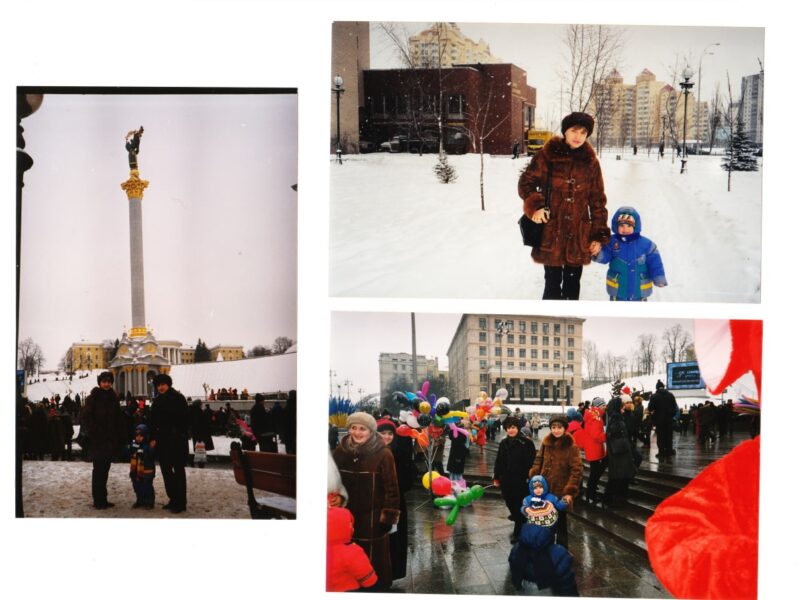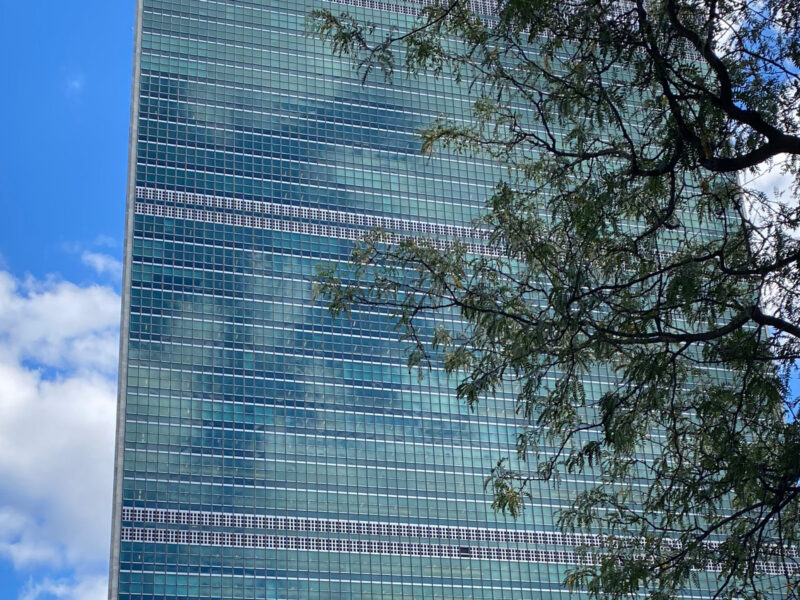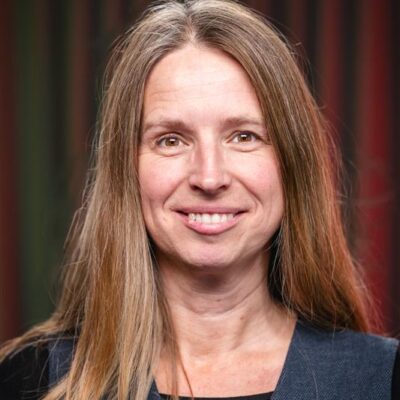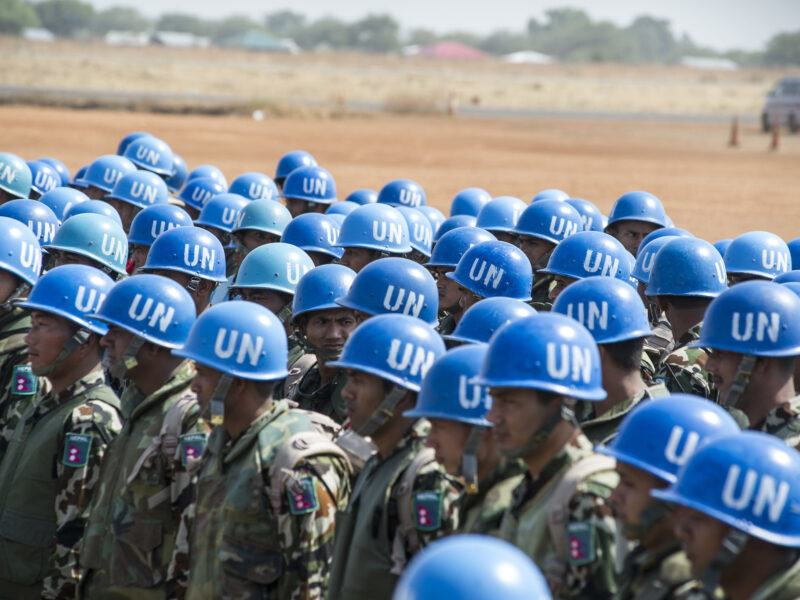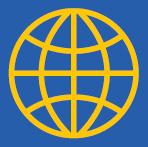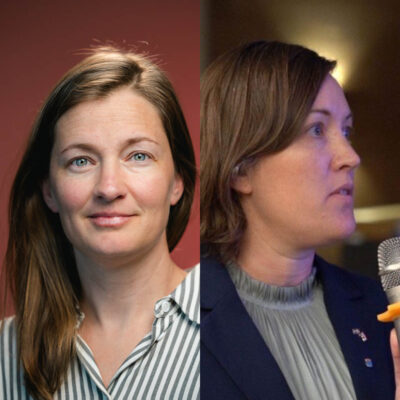OSCE – the unknown security organization
What is the OSCE? That is one of the most frequent questions I am asked when I tell people that I am on secondment from the FBA to the OSCE Secretariat in Vienna, Austria, where I work as Gender Adviser.
OSCE, the Organization for Security and Co-operation in Europe, was established in 1973. Today the OSCE has 57 member states, in Europe but also in North America and North and Central Asia. The organization addresses a wide range of security-related concerns, including arms control, confidence- and security-building measures, human rights, national minorities, democratization, policing strategies and counter-terrorism.
OSCE employs around 3,460 people, mostly in its field operations in Eastern Europe, the South Caucasus and Central Asia, but also at its institutions such as the Secretariat in Vienna where I work.
My section at the Secretariat, the gender section, assists with the integration of a gender perspective into all the organization’s policies and programs. We also develop operational tools, guidelines and capacity-building materials to assist staff members and participating states.
The OSCE’s comprehensive view of security covers three “dimensions”: the politico-military, the economic and environmental, and the human. My primary responsibility is to work with the politico-military dimension, with a particular focus on the military part, as I have a background as an officer within the Swedish Armed Forces. My guiding documents are UN Security Council Resolution 1325 and subsequent resolutions which emphasize the involvement of women in conflict prevention, crisis management and post-conflict rehabilitation.
Within the first (politico-military) dimension, OSCE has developed the world’s most advanced regime of arms control and confidence-building measures. Areas of work include reforms of the security sector in participating states and the safe storage and destruction of small arms, light weapons and conventional ammunition.
The second (economic and environmental) dimension deals with economic and environmental factors that can pose threats and challenges to security and stability. Within this dimension, OSCE supports its participating states in promoting good governance and environmental awareness, tackling corruption, sharing natural resources and in the sound management of environmental waste.
The third dimension (human dimension) is maybe mostly known for the monitoring of elections. But OSCE does so much more than that, such as helping its participating states strengthen democratic institutions, promote gender equality, and ensure respect for human rights, media freedom, the rights of persons belonging to national minorities and the rule of law.
Working at the OSCE Secretariat is interesting because it consists of so many different departments with various responsibilities, and the personnel come from many different countries. We are quite a few Swedes here, on secondment from different Swedish authorities. Sometimes we get together for lunch or go to the Swedish embassy at special occasions such as Lucia.
Even if the general public in Sweden may not know much about the OSCE, we are all proud of being representatives of Sweden at the OSCE Secretariat. And maybe one day the average Swede will know as much about the OSCE as they know about the UN or the EU.
av FBA redaktör
